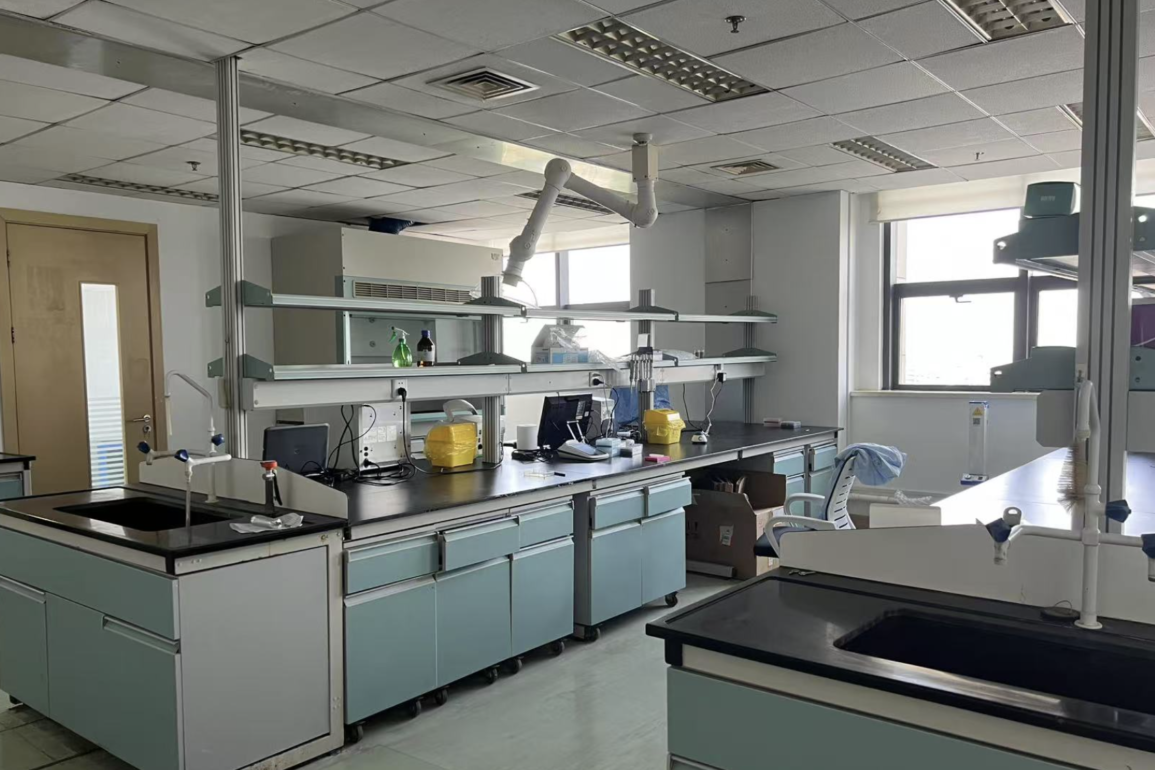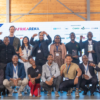Biostate AI has announced the launch of K-Dense Beta, a multi-agent AI research system it claims can compress research cycles from years to days and reduce the risk of hallucinations common in generative AI models. The company points to early testing in longevity research, conducted with Harvard Medical School, as evidence that the system can achieve results at unprecedented speed.
K-Dense differs from traditional AI tools by attempting to handle entire research cycles rather than isolated tasks. According to Biostate, the system coordinates multiple agents to plan experiments, review literature, design analyses, execute code, and generate publication-ready reports. Each agent cross-checks references against external databases, while feedback loops and audit trails are designed to ensure accuracy.
“There is a crisis in science right now, where we have too much data and not enough resources to evaluate it,” said Ashwin Gopinath, Co-founder and Chief Technology Officer of Biostate AI. “We have created an AI scientist that can work 24/7, dramatically accelerating discovery while maintaining rigorous scientific standards.”
The claims are ambitious — and raise questions about whether AI should be entrusted with tasks that have traditionally required years of human oversight and peer review. The company says K-Dense integrates resources such as Google’s AlphaFold, curated databases, and multiple specialized large language models, and can also connect to external tools via Model Context Protocol (MCP).
Validation came in a collaboration with Professor David Sinclair, Co-Director of the Paul F. Glenn Center for Biology of Aging Research at Harvard Medical School. K-Dense was tasked with building a transcriptomic aging clock using the ArchS4 dataset of more than 600,000 transcriptomic profiles. From this, it selected 60,000 high-quality samples and analyzed 5,000 genes to reveal that different RNA transcripts predict aging at different life stages.
“K-Dense enabled us to complete an entire research study in just a few weeks, work that typically requires months or years of expert analysis,” said Professor Sinclair. “It pointed us to markers and pathways that warrant deeper study and helped us build a unified AI model for predicting biological age. Importantly, it also provided a measure of how reliable those predictions are, which is critical for scientific applications and has not been available in prior AI approaches.”
The findings have been posted on bioRxiv as a preprint and are under peer review. Until published in a peer-reviewed journal, the broader scientific community will be left to determine whether these results hold up.
Biostate is also working with academic institutions, biotechnology startups, and pharmaceutical companies to test K-Dense. Still, independent validation remains limited, and whether the system can reliably generalize across fields beyond longevity research is unclear.
“Biostate’s implementation with Gemini 2.5 Pro showcases our model’s transformative potential for complex scientific challenges,” said Bikram Singh Bedi, Vice President, Google Cloud Asia Pacific. “Their multi-agent approach demonstrates how intelligent coordination of advanced language models can accelerate genuine scientific discovery.”
In benchmark testing, Biostate reports that K-Dense achieved 29.2 percent accuracy on BixBench, surpassing leading frontier models including GPT-5 (22.9 percent), GPT-4o (18 percent), and Claude 3.5 Sonnet (18 percent). While these results suggest strong performance in bioinformatics, it remains to be seen how well such benchmarks translate into meaningful scientific advances.
Since raising a $12 million Series A led by Accel earlier this year, Biostate has expanded its research collaborations, including with Massachusetts General Hospital in the US and partners in China and India. The company says K-Dense Beta will be made available to select design partners before wider release later this year.
Whether K-Dense represents a true turning point for science or another ambitious AI claim awaiting validation will depend on peer review, and on how the research community responds to the idea of an “AI scientist.”




